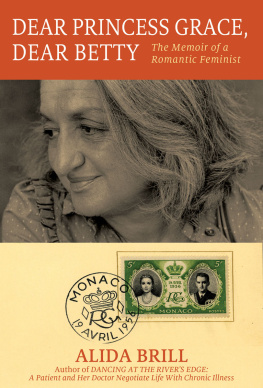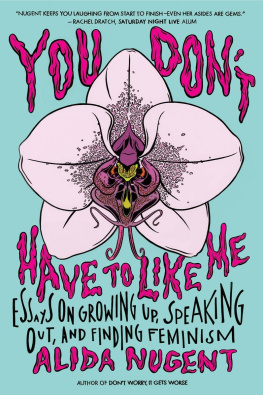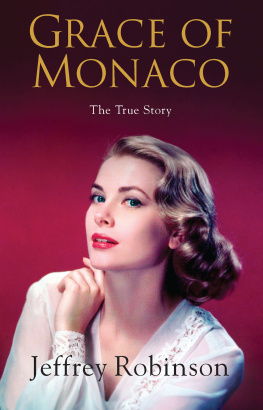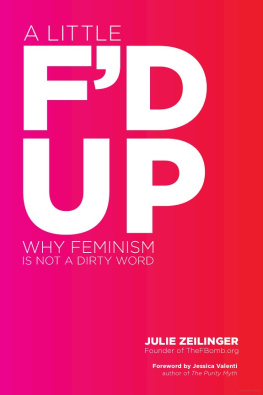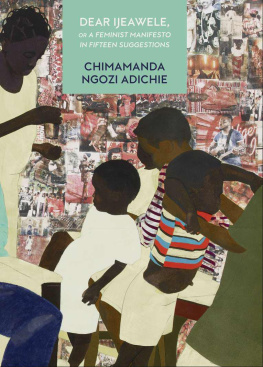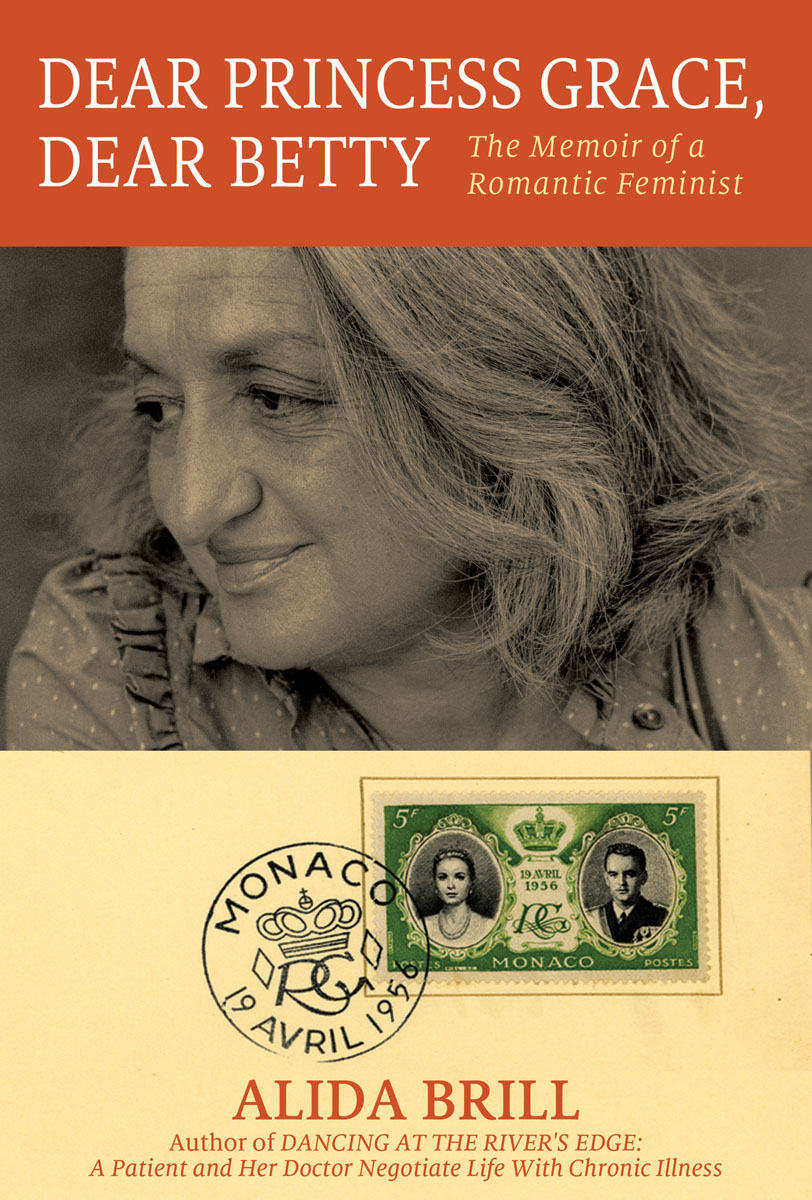
Also by Alida Brill
Dancing at the Rivers Edge: A Patient and Her Doctor Negotiate Life with Chronic Illness Co-author
A Rising Public Voice: Women in Politics Worldwide Editor
Nobodys Business: The Paradoxes of Privacy
Dimensions of Tolerance: What Americans Believe About Civil Liberties Co-author
Copyright 2016 by Alida Brill
All Rights Reserved
First Hardcover Edition
Printed in the United States
Cover photo: Betty Friedan, courtesy of Susan Wood
Cover image: envelope courtesy of Alida Brill
Cover and book design: Darci Slaten
Permission to print from the lyrics of Gigi (Lyrics by ALAN JAY LERNER/ Music by FREDERICK LOEWE),
Copyright (c) 1957 (Renewed) CHAPPELL & CO., INC. All Rights Reserved. Used by Permission of ALFRED MUSIC.
An additional list of copyrighted source material may be found in the back of this book.
For permissions and copyright information, contact the publisher, Schaffner Press, POB 41567, Tucson, Az 85717. No part of this book may be excerpted or reprinted without the publishers written consent.
Library of Congress Cataloging-in-Publication Data
Names: Brill-Scheuer, Alida, author.
Title: Dear Princess Grace, dear Betty : the memoir of a romantic feminist /
Alida Brill.
Description: Tucson, Az : Schaffner Press, [2016]
Identifiers: LCCN 2016000771 (print) | LCCN 2016005861 (ebook) | ISBN
9781936182848 (hardback) | ISBN 9781936182848 (Hardcover Edition) | ISBN
9781936182855 (Mobi/Kindle) | ISBN 9781936182862 ( Epub) | ISBN
9781936182879 (Pdf)
Subjects: LCSH: Brill-Scheuer, Alida. | Feminists--United States--Biography.
| Feminism--United States--History. | BISAC: BIOGRAPHY & AUTOBIOGRAPHY /
Women. | SOCIAL SCIENCE / Feminism & Feminist Theory. Classification: LCC HQ1413.
B75 A3 2016 (print) | LCC HQ1413. B75 (ebook) | DDC
305.42092--dc23
LC record available at http://lccn.loc.gov/2016000771
Some names and identifying details have been changed to protect the privacy of individuals who have crossed paths with the author.
For the daughters
Anne, Jennifer, Olivia and Emma
and for:
Elizabeth and Kim
All women of the 21st century
And in memory of my parents, a
new old couple of the 20th
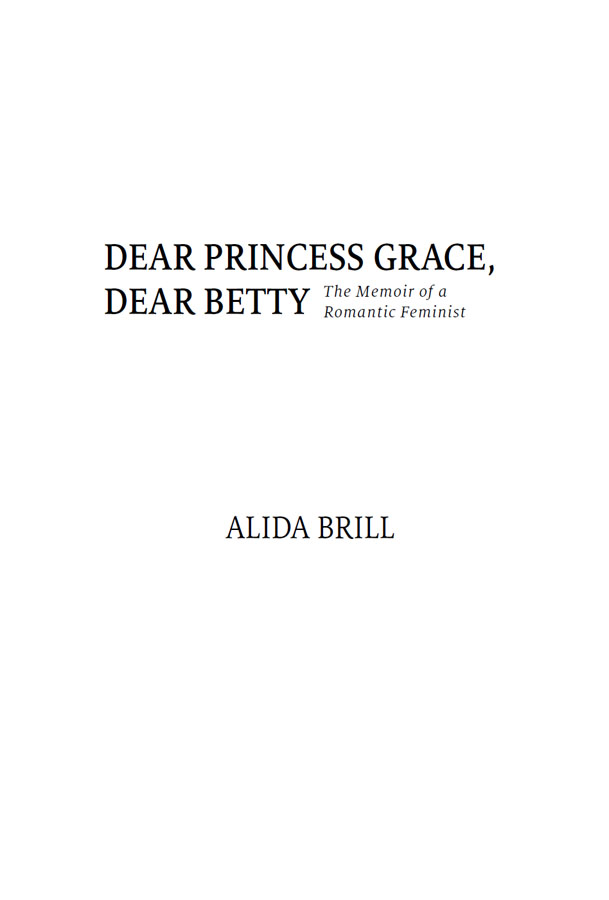
CONTENTS
Authors Note:
I grew up a regular girl in a regular Southern California suburb. My adolescence and then my adulthood were interrupted by chronic illness, which gave me my understanding of fairness and unfairness, and from there, feminism. I was fortunate to participate in the Second Wave of the Womens Movement. And although I am not among the fairly small group of feminists who really changed America, I was changed by those women--transformed by what I witnessed, by the powerful influence of the leaders of the feminist movement, and by what I read. When I was thirty, I left Northern California for Manhattan and began working in the world of womens research. It was then that Betty Friedan stepped into my life.
My mothers own engagement with the feminist conversation began with the publication of Friedans The Feminine Mystique. Because of the BOOK, Friedan was a presence in my childhood. Later she became a close friend and colleagueanother mother for meand an intimate part of my life.
This is a memoir. It is not a research project, not a scholarly treatise, not a biography of famous feminists, not a work of quantitative social science. It is a personal reflection of a girls, and then a womans, life during a time of enormous expansion of the ways we women could choose to compose our lives. It begins with a letter I sent to Princess Grace of Monaco, and it moves through to the first years of the 21st century.

Alidas draft of letter to Grace Kelly
1
Dear Princess Grace
W hen I was six, I fell in love with Grace Kelly. I wanted to become Miss Grace Kelly, Actress, and I wanted to ascend the throne, where I, too, would be recognized worldwide as Her Serene Highness. Nothing deterred me from this fantasy. What did I really wantto be a movie starto be the chosen princess of a romanticized kingdom? My adult self insists that my childhood delusions incorporated both: a working career as well as a handpicked princess-bride. I indulge this notion because it suggests a nascent, if fuzzy, concept of feminist thinking in a girls brain.
My infatuation with Grace could not protect me from illness. There were frequent and unexplained episodes of high fevers and weakness. I was hospitalized and diagnosed with rheumatic fever. It was the prologue to later troubles. I was released and prescribed the maximum dose of penicillin and bed rest. My world shrank to my frilly lavender and white bedroom. It was in there that Grace consoled me. When in Grace-mode, I was powerful and beautiful; fears disappeared. Grace made me larger than life, made me think beyond illness, beyond the confinement of the bedroom. I dreamed of a prince, a kingdom and movie roles. As a Serene Princess I would rule as comonarchmy Prince would permit me to do so. I didnt know that the Principality of Monaco (about half the size of New Yorks Central Park) was smaller than the incorporated city of Lakewood, CA. I could not know that Graces life would end in a car accident, with a daughter as both witness and injured passenger.
I had no idea Princess Grace was also keeping house, in a manner of speaking, and that she was more like our own mothers than I imagined. Grace had taken on a new career, of good wife and mother. Her job was to ensure that her husband the Prince was happy and satisfied. She had an enormous additional task: at all times and in all places she was to appear to be the perfect woman. It was the only way to be an appropriate spouse for a monarch. While Graces lavish lifestyle diverged dramatically from that of Lakewoods moms, far less separated the Serene Princess of Monaco from many of our mothers. Grace fought boredom, depression, and her weight. She was confined by cultural norms and rules, just as were the eras traditional wives and mothers.
If the history of American women in the 20th century hadnt taken the turn it did, my preoccupation with Grace might have turned into a more harmful obsession. There were a number of serious flaws with my plan to follow in Graces steps. There were fewas in, not oneavailable princes who would have found me on the corner of Arbor and Downey and would have gone on to choose me as the fairest of them all. I disliked boys who insisted they were in charge. I already questioned why doctors and school principals were men. Nonetheless I longed to be the ethereal Grace dressed in elaborate ball gowns waltzing with her prince, without a hair out of place, adored by everyone. It took a long time for me to admit that my impressions of Graces life were influenced more by her Hollywood life than her married one in Monaco.
Grace Kelly was a woman with a career, a working actress. The life of that Grace Kelly ended when she emerged from the wedding ceremony in Monaco on April 19th, 1956. From then on she lived as a monarchs wife and then a mother. She was ruled and controlled by ritual, custom, and the expectations and laws of her adopted country. Laws enacted at the time of her marriage specifically prohibited her films from being shown in Monaco. Grace Kelly got her prince, but paid a high price. Women throughout history have become transfixed by the power of romantic illusions, royal and otherwise. Some of us want to be chosen more than we want anything else, despite the costs and sacrifices.
Next page
